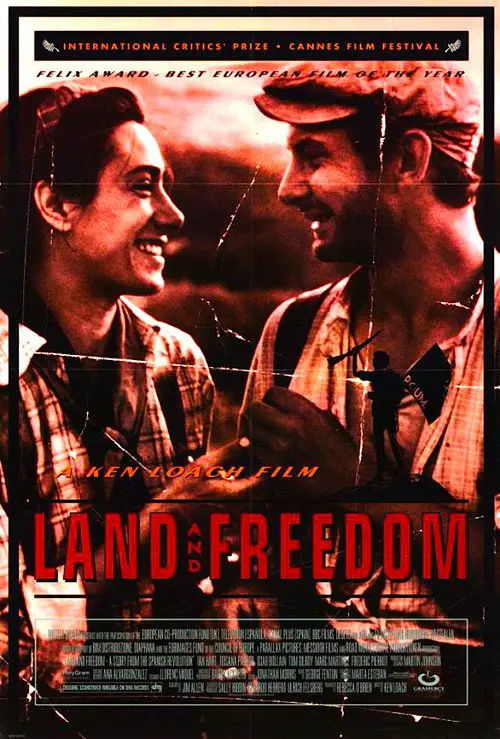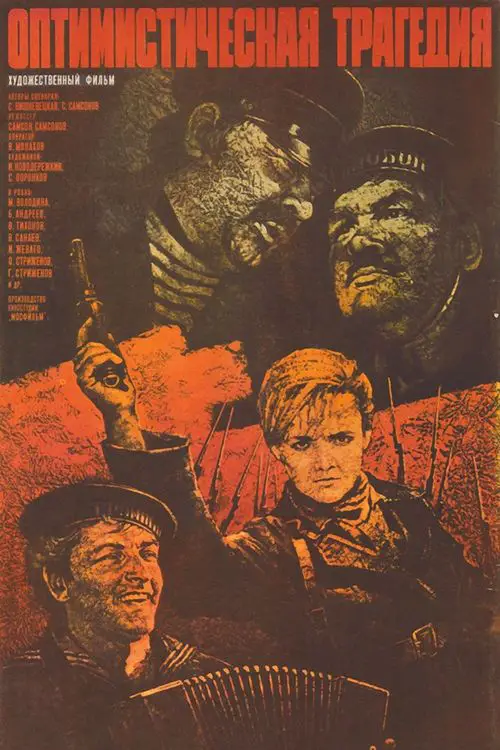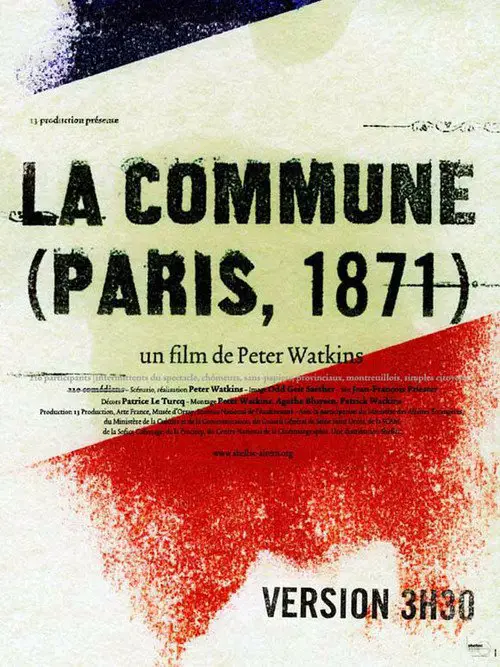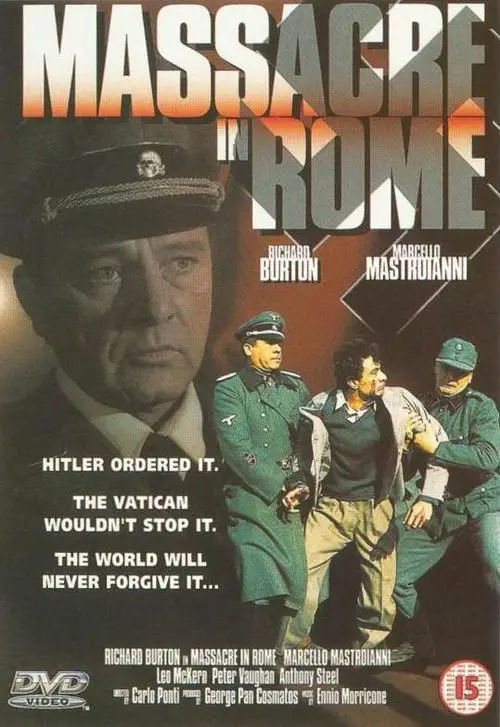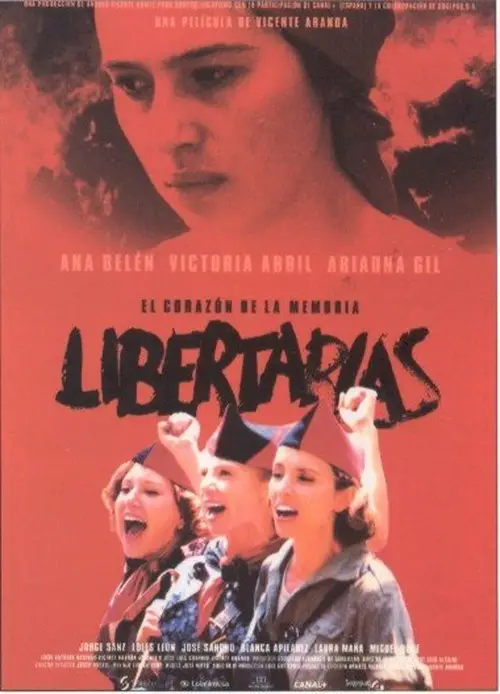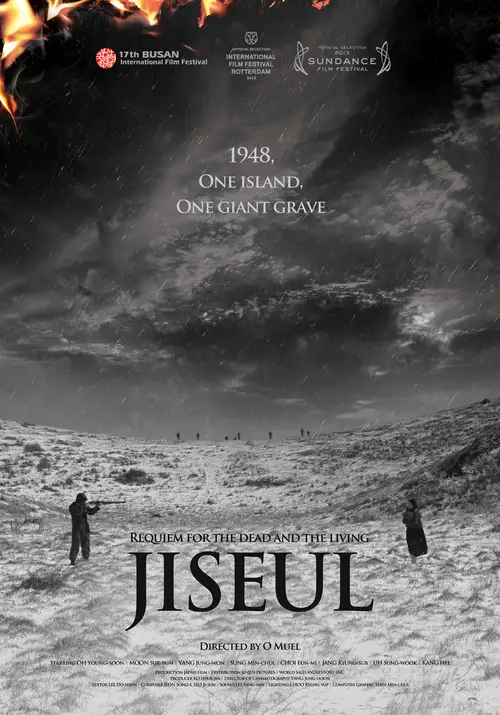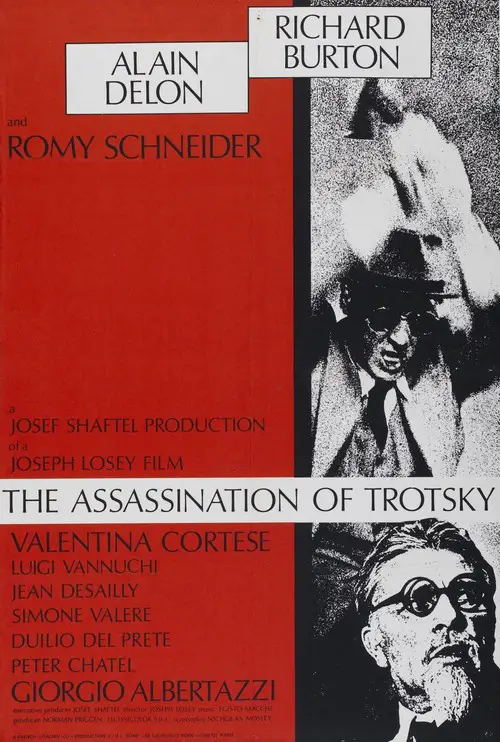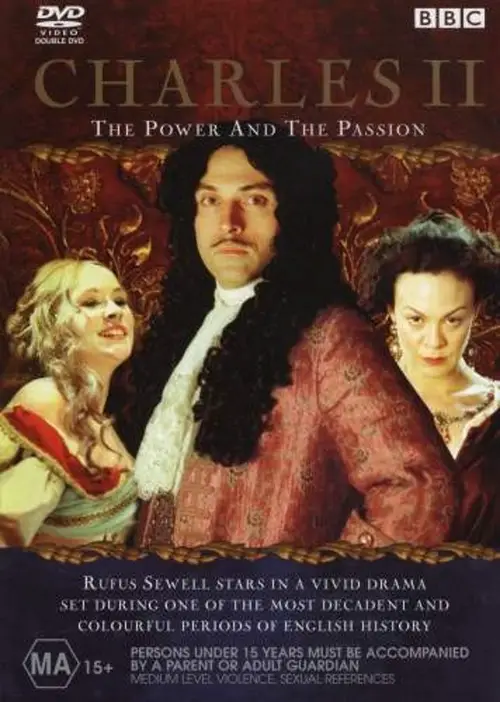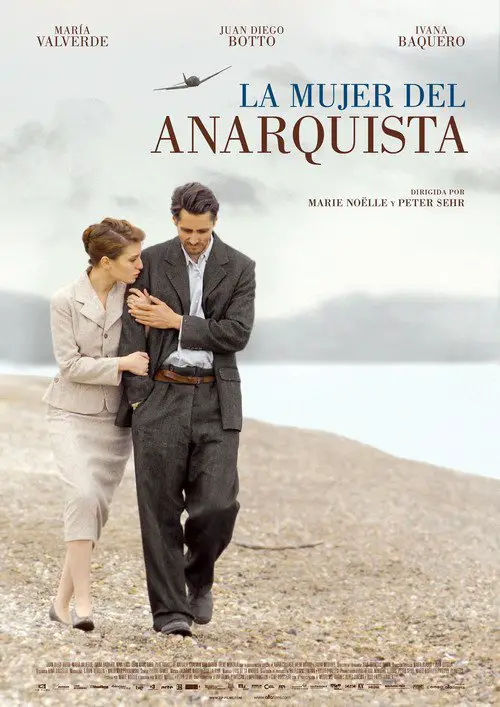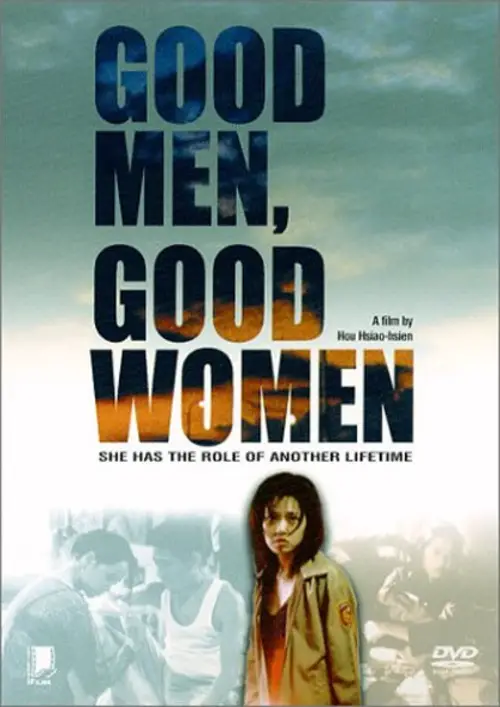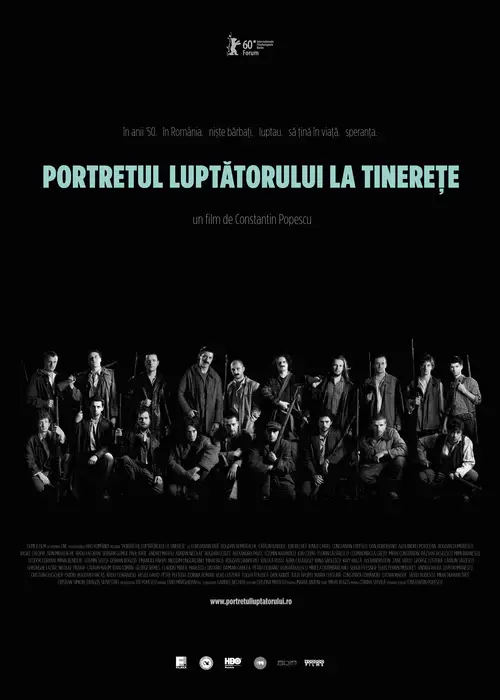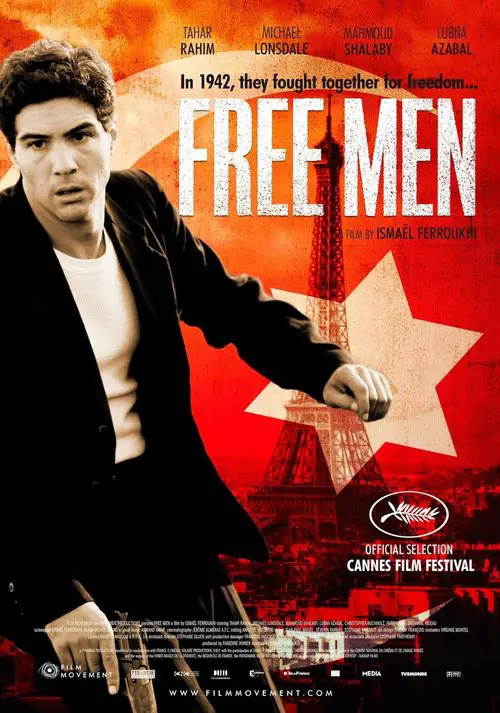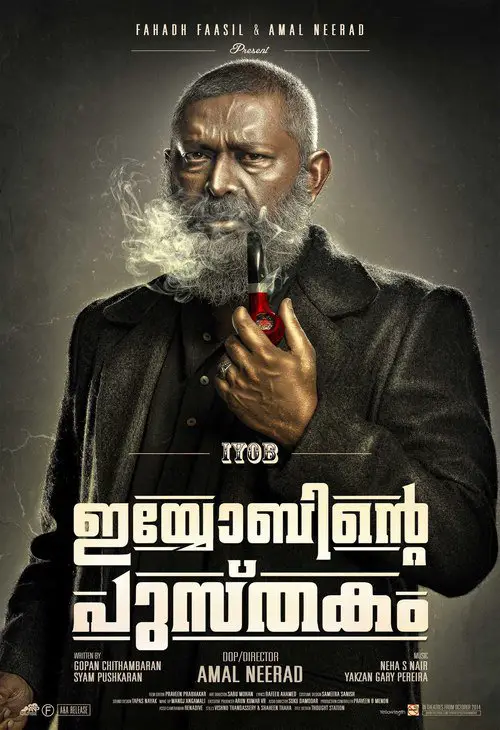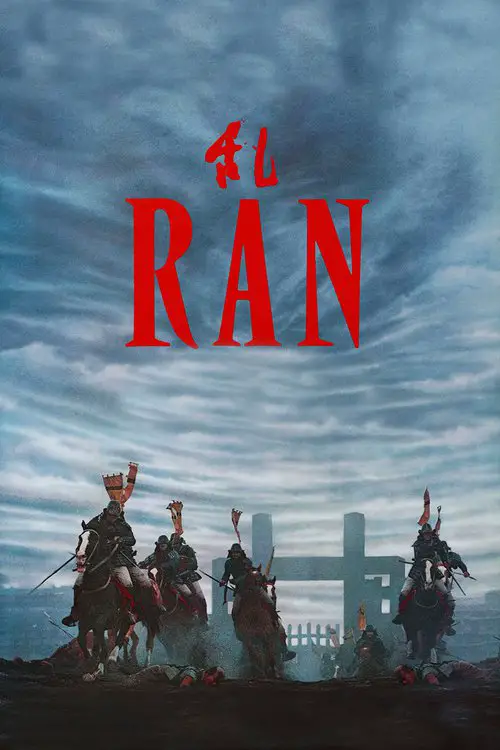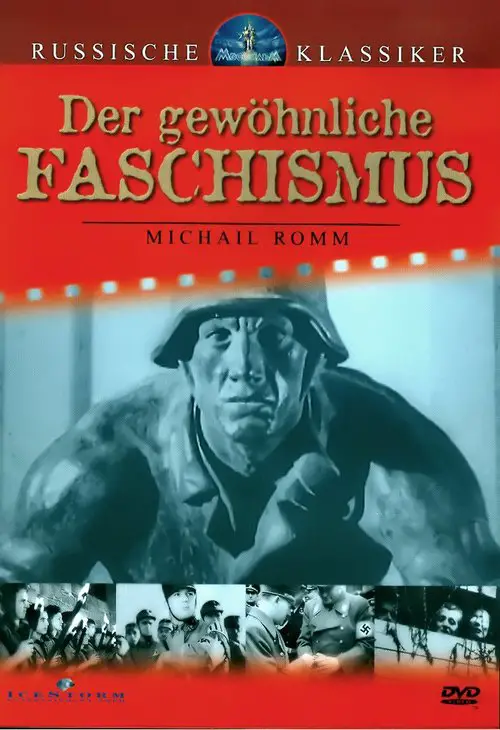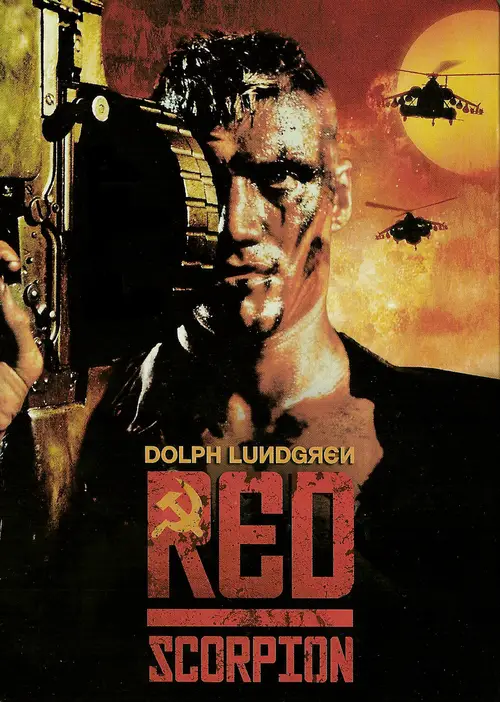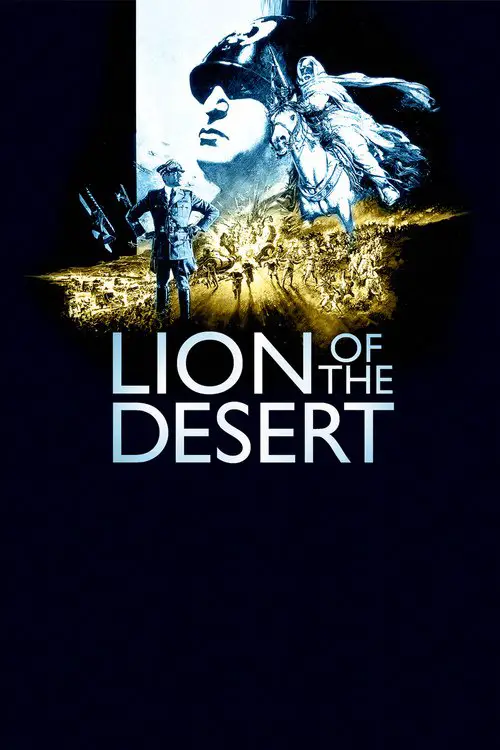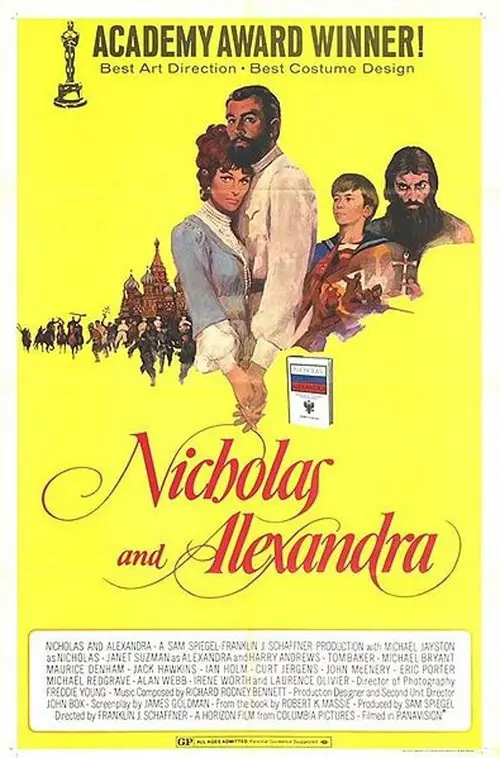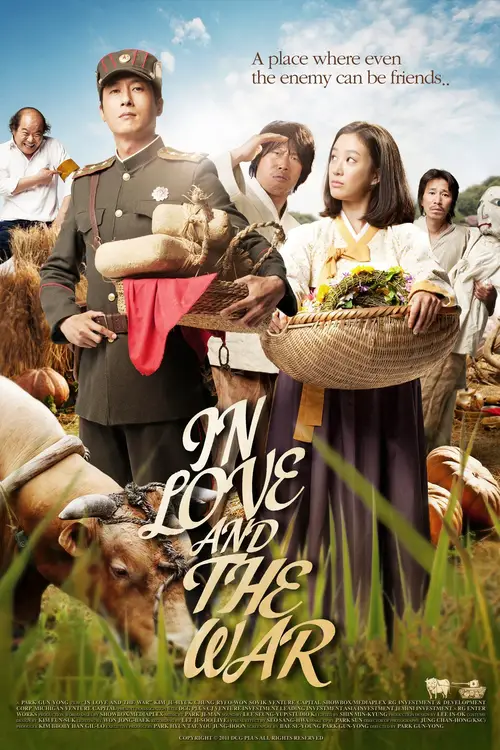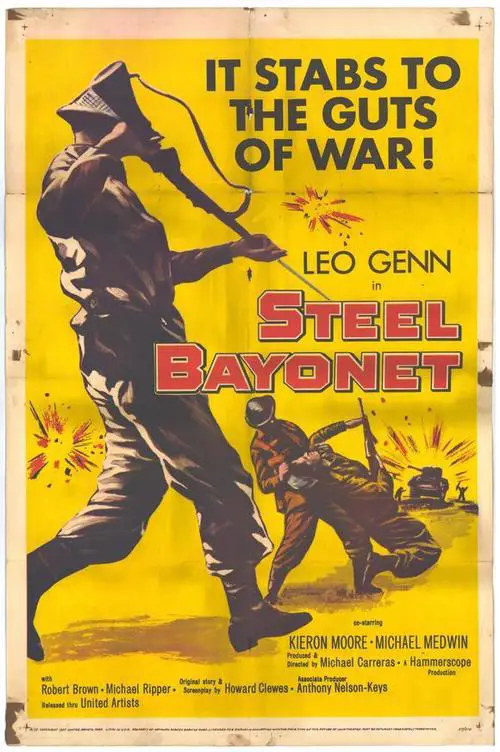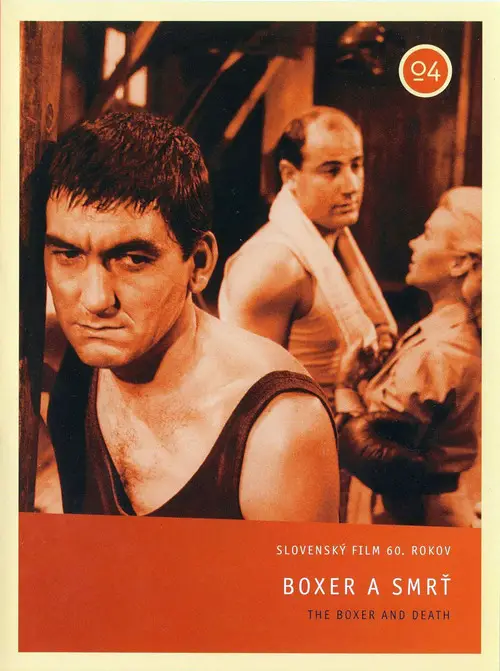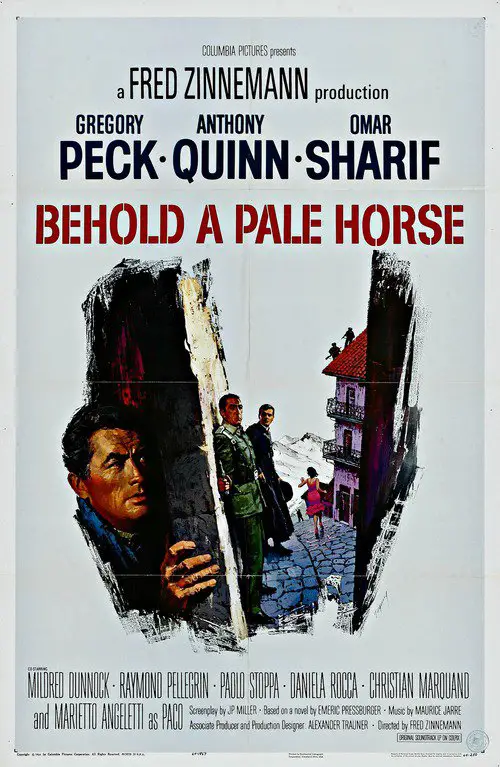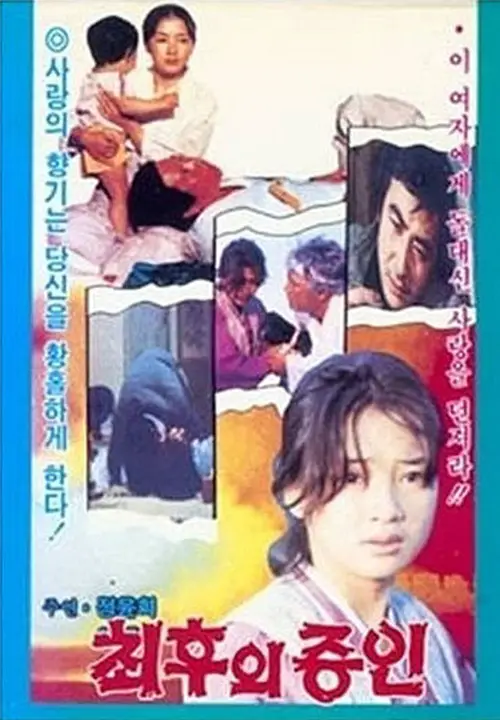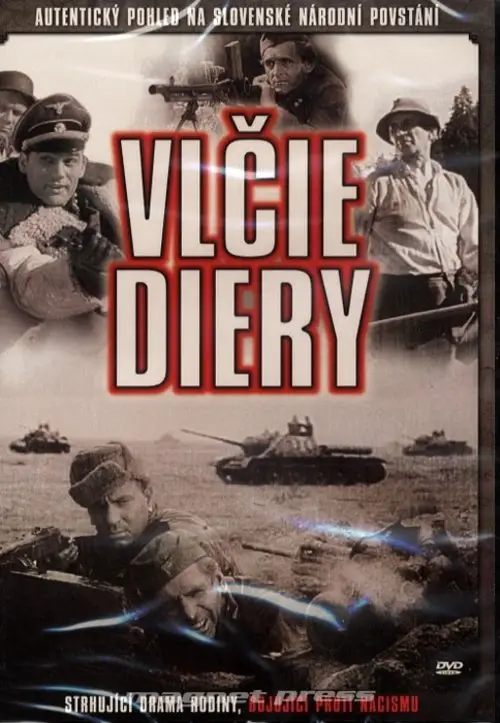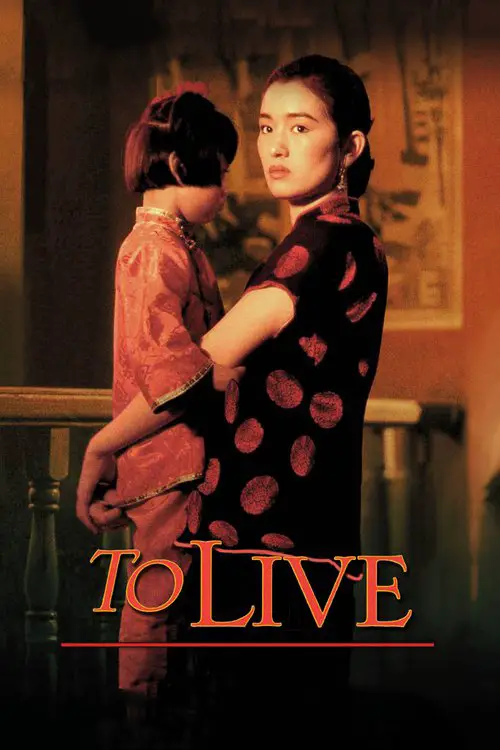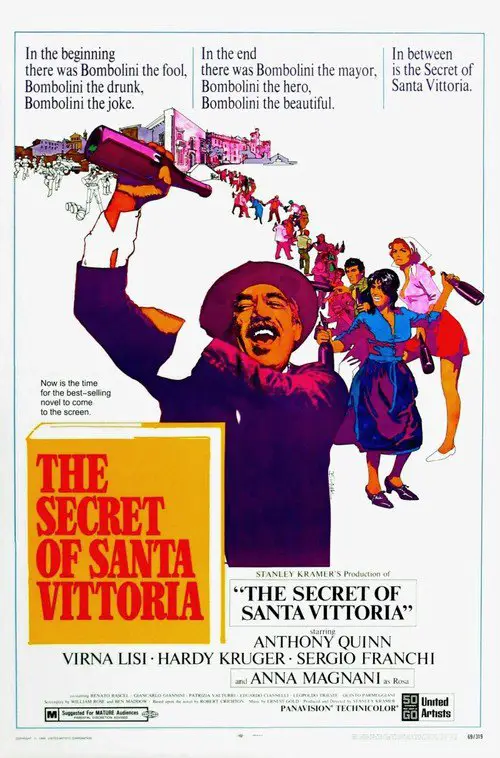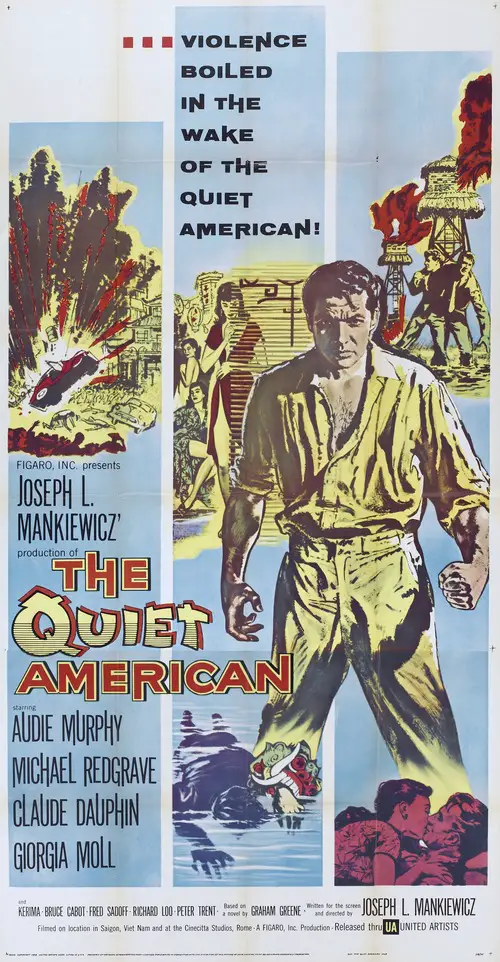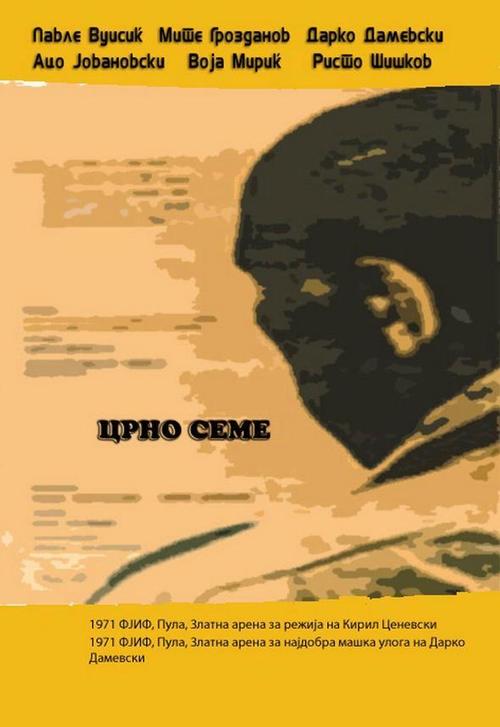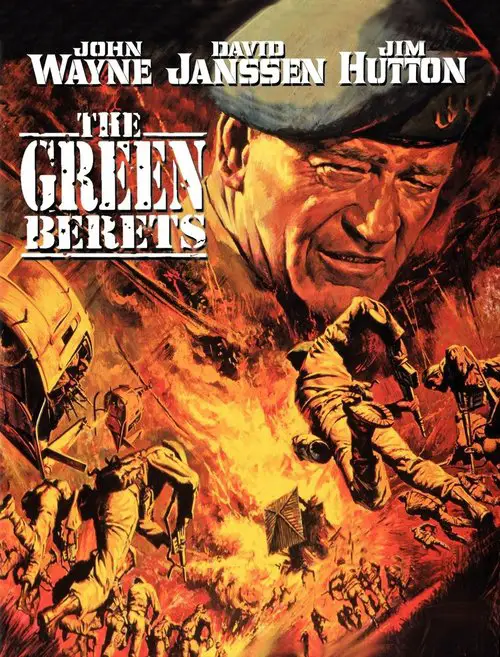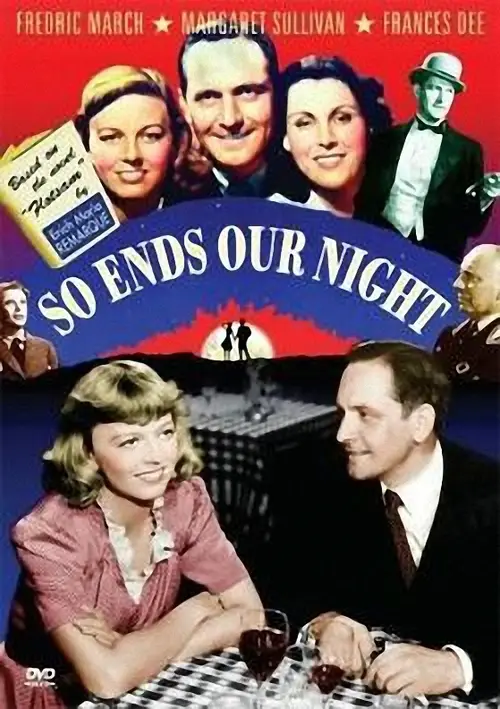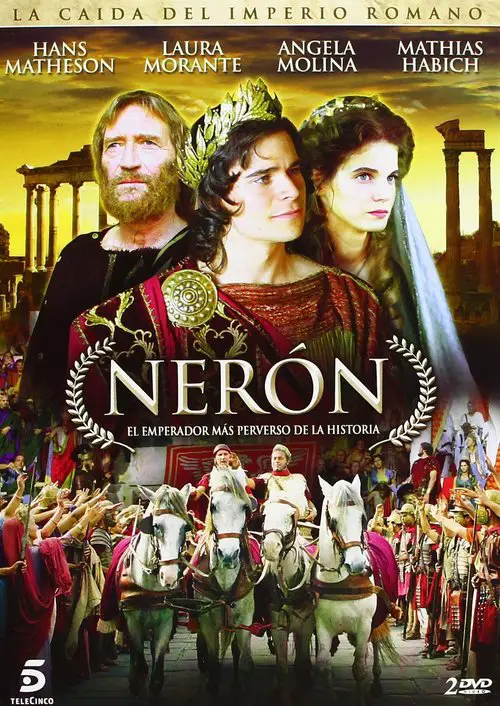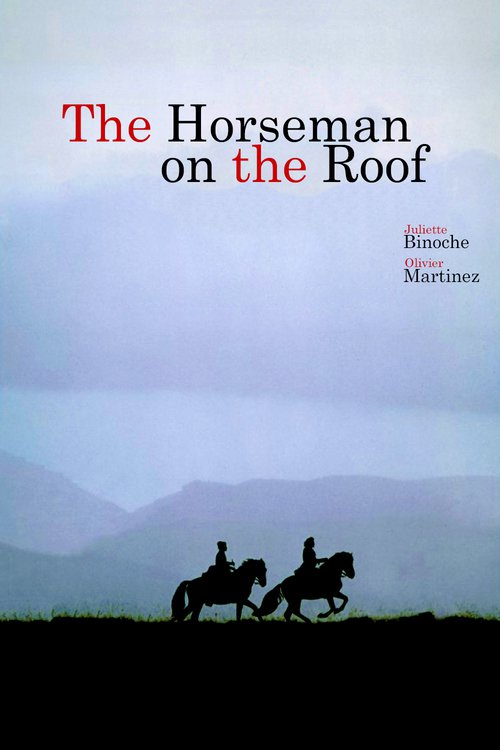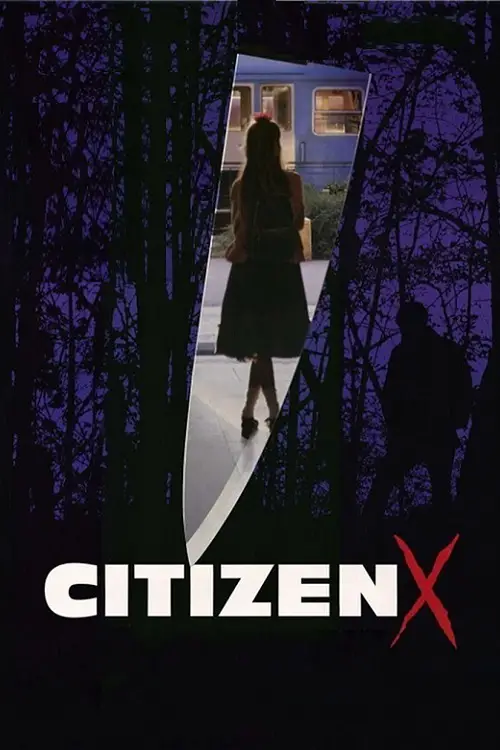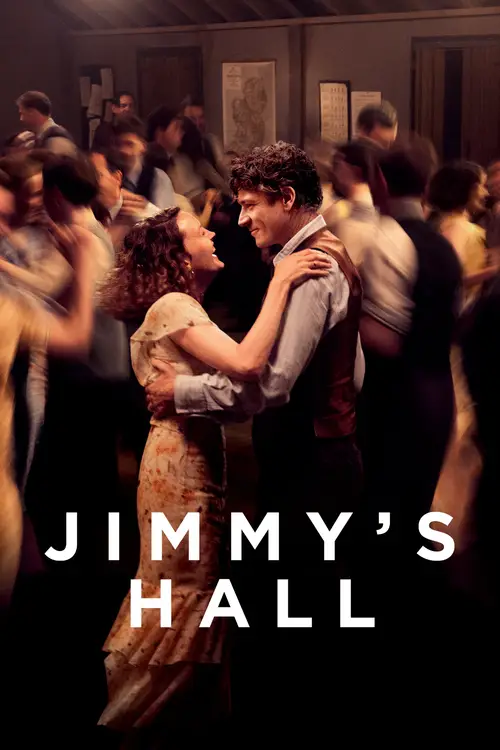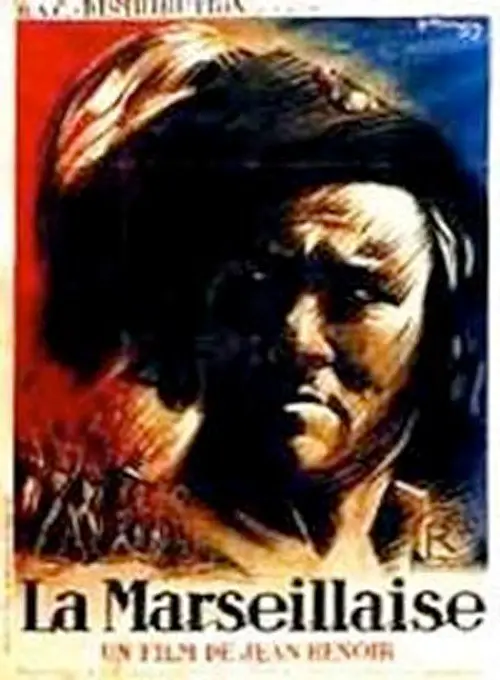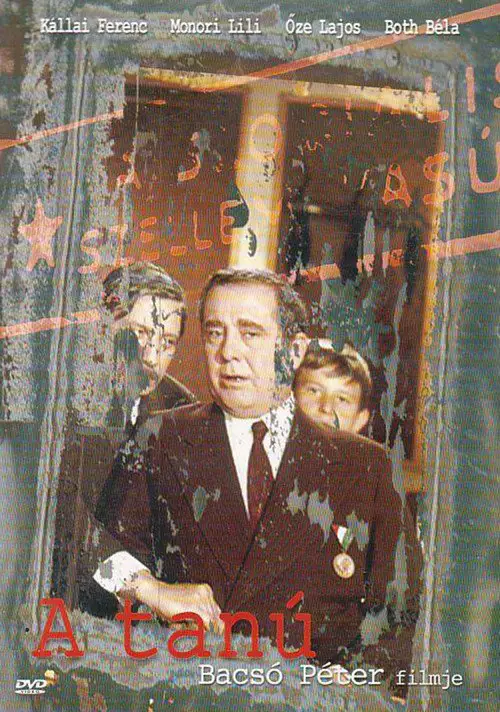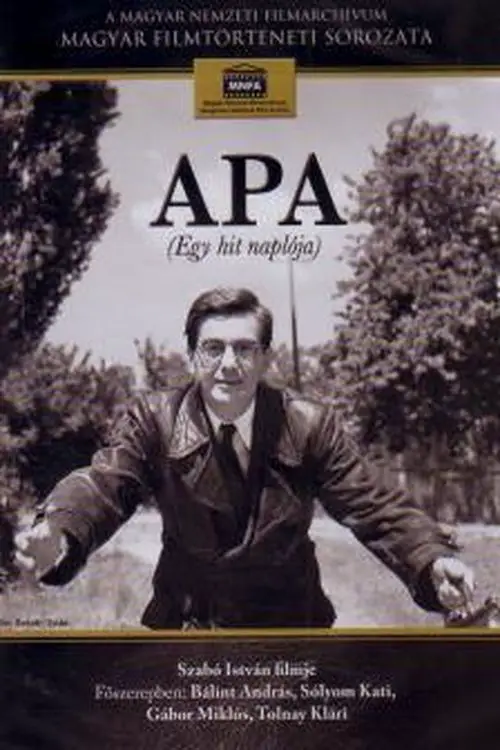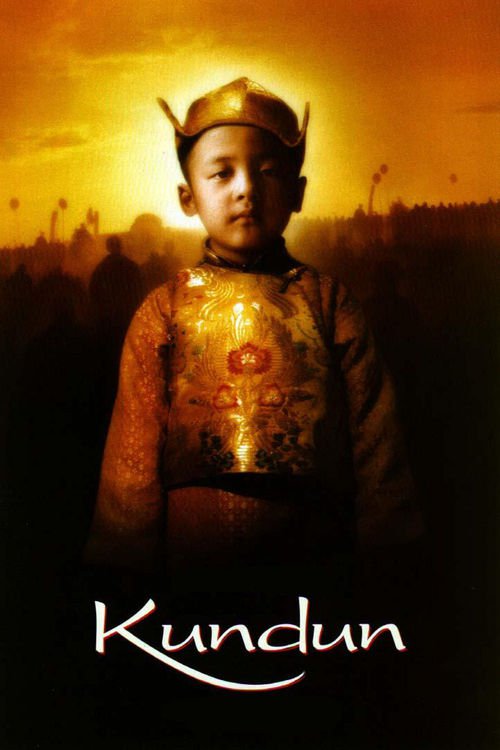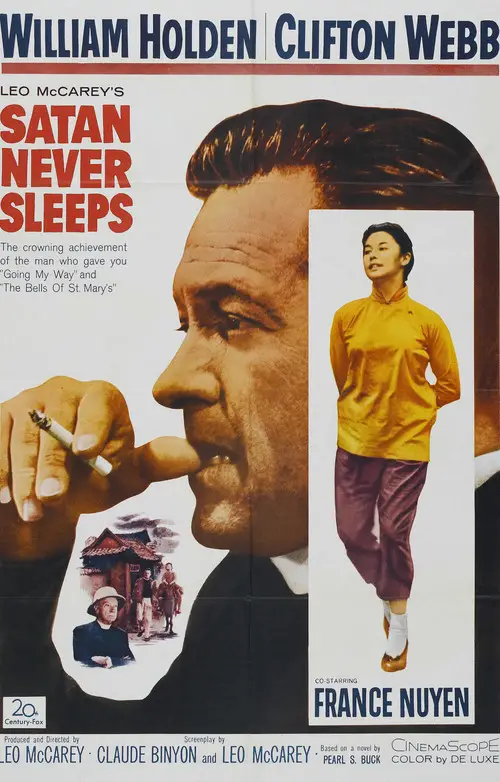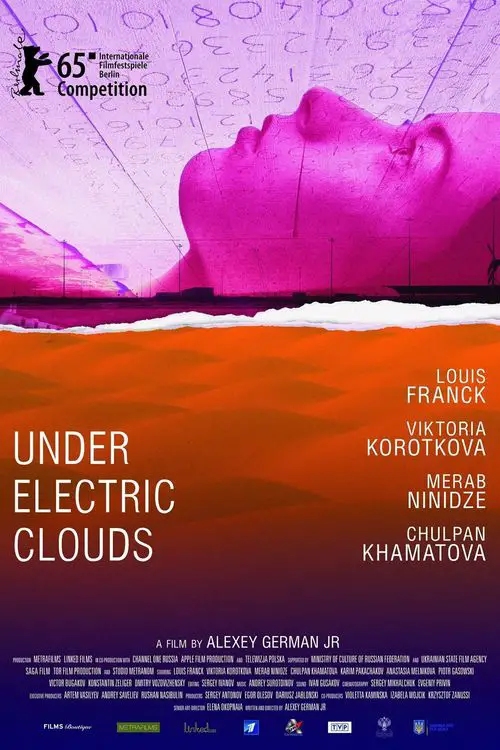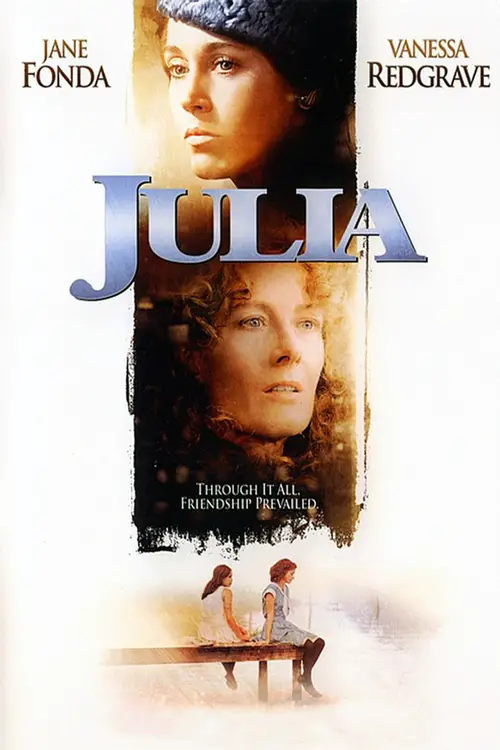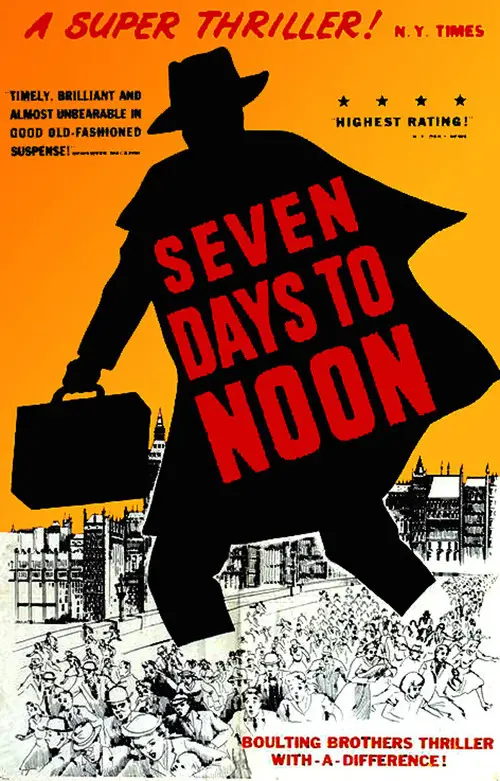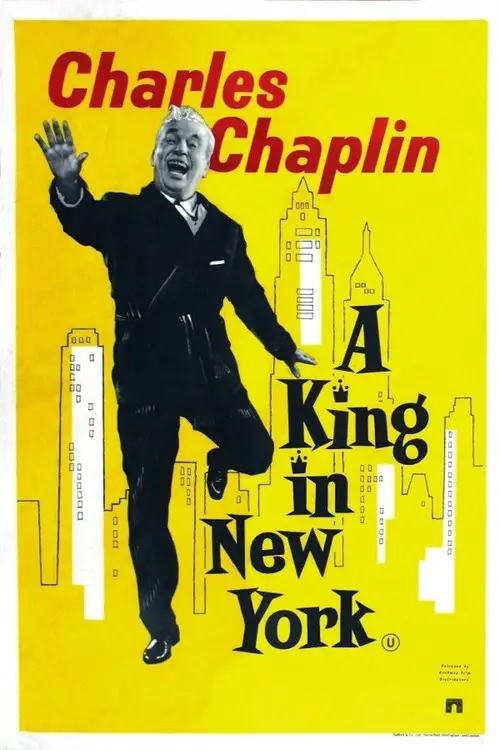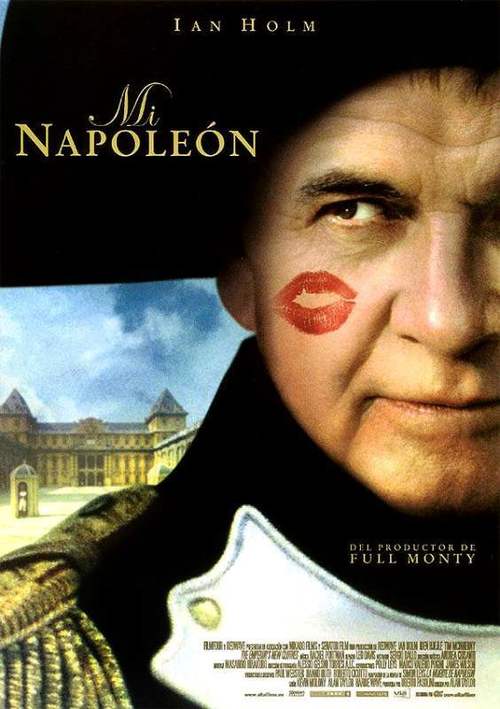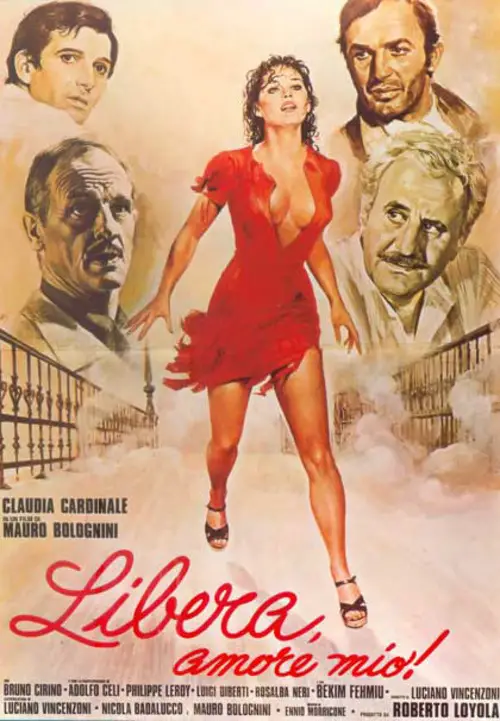The Red Horse (1983)
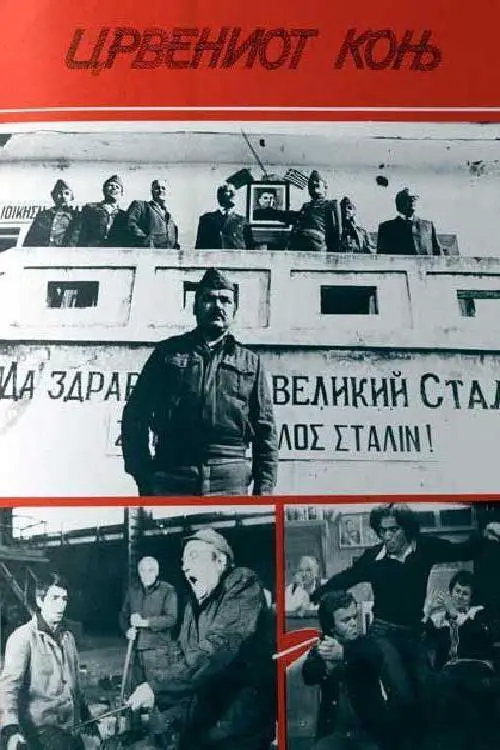
Similar movies
The movie narrates the story of David Carr, an unemployed worker and member of the Communist Party of Great Britain. In 1936 he decides to fight for the Republican side in the Spanish Civil War, an anti-fascist coalition of liberals, communists and anarchists. Similar to George Orwell's experiences documented in Homage to Catalonia, he joins the POUM worker militia and witnesses first hand the betrayal of the Spanish revolution by the Stalinists, loyal only to the dictat of Moscow.
As the communist revolt progresses in Russia, a female commissar is dispatched to some anarchist sailors to get them on board the party bandwagon. Her arrival is met with skepticism and an attack by an aspiring rapist. She shoots the man in self defense and begins to form the sailors into a cohesive fighting unit. Joining the unit for a mission, the sailors are all murdered before they can convert to communism. The fallen angel is held up as a symbolic heroine to the people's cause in this decidedly propaganda-drenched film. The film took a specially created prize at the 1963 Cannes Film Festival, somewhat to the consternation of critics who failed to observe its merits.
We are in the year 1871. A journalist for Versailles Television broadcasts a soothing and official view of events while a Commune television is set up to provide the perspectives of the Paris rebels. On a stage-like set, more than 200 actors interpret characters of the Commune, especially the Popincourt neighbourhood in the XIth arrondissement. They voice their own thoughts and feelings concerning the social and political reforms. The scenes consist mainly of long camera takes.
At the outbreak of the Spanish Civil War, the nun Maria is forced to flee her convent. She takes refuge in a brothel, until it is liberated by a woman's anarchist group. Maria joins the group and eventually goes to the front. The women's group faces the problems of fighting not only the nationalists, but also factions on the left seeking to impose a more traditional military structure. Written by Brian Rawnsley
During the Nazi occupation of Czechoslovakia, surgeon Dr. Franticek Svoboda (Brian Donlevy), a Czech patriot, assassinates the brutal "Hangman of Europe", Reichsprotektor Reinhard Heydrich (Hans Heinrich von Twardowski), and is wounded in the process. In his attempt to escape, he is helped by history professor Stephen Novotny (Walter Brennan) and his daughter Mascha (Anna Lee).
"The Anarchist's Wife" is the story of Manuela who is left behind when her husband Justo fights for his ideals against Franco's Nationalists during the Spanish Civil War. He is deported to a concentration camp, and upon his release, continues the fight against nationalism in the French resistance. Years, pass without a word from him, but his wife never gives up hope of seeing him again.
Intended as the concluding film in the trilogy on the modern history of Taiwan began with Beiqing Chengshi (1989), this film reveals the story through three levels: a film within a film as well as the past and present as linked by a young woman, Liang Ching. She is being persecuted by an anonymous man who calls her repeatedly but does not speak. He has stolen her diary and faxes her pages daily. Liang is also rehearsing for a new film that is due to go into production soon. The film, entitled Haonan Haonu, is about a couple Chiang Bi-yu and Chung Hao-tung who returns to China to participate in the anti-Japanese movement in China in the 1940s and are arrested as communists when they go back to Taiwan.
When the Soviet Army marched into Romania in 1944, a part of the Romanian population went âinto the mountainsâ â a diverse assortment of nationalists and fascists, liberals, apolitical farmers and members of the middle-class, who were affected by the Communistsâ expropriations. Over a thousand armed resistance groups took refuge in the inaccessible forests of the Carpathian Mountains where they waited in vain for the support of the Western Allies. One of them was led by Ion GavrilÄ-Ogoranu, who managed to remain undetected until 1976 when he was arrested. This film depicts the daily existence of this group. It tells the story of a struggle that became an end in itself, as the enemy was constantly in pursuit and arrest meant torture and often liquidation. Hungry and emotionally withdrawn, the group of young men got entangled in a partisan war that could not be won, lost in the landscape of the South Carpathians, accompanied by a vigilant secret police, the Securitate.
The story of beautiful Adèle Hugo, the second daughter of Victor Hugo, who is devastated by the accidental death of her elder sister. Hugo is living in exile on the island of Guernsey where Adèle meets and is seized by an obsessive and unrequited love for a British officer, Lt. Pinson. She follows him to Halifax, Nova Scotia, under the assumed name of Miss Lewly. While in Halifax, he rejects her, but she communicates to her parents that she has married him. Her father urges her to return home, but she destroys Pinson's hope of happiness by claiming to his actual fiancee's father, a judge, that Pinson is married to her. She follows him to Barbados, West Indies, where he is posted and assumes the name of Mrs. Pinson. By the time he catches up with Adèle, she does not acknowledge or recognize him. Returned to Paris, the Third Republic now established, she is placed in an asylum by her father. She dies in Paris in 1915, in her 85th year.
In Paris during WWII, an Algerian immigrant is inspired to join the resistance by his unexpected friendship with a Jewish man. Based on not very known facts about the Muslim community in Paris during WWII, when the Paris Mosque and its dynamic leader played a pivotal role in supporting the resistance and rescuing Jews.
Romm's "Ordinary Fascism" pulls out all the stops in its selection of documentary material to draw the viewer not only into absolute horror about fascism and nazism in the 1920s-1940s Europe, but also to a firmest of convictions that nothing of the sort should be allowed to happen again anywhere in the world.
This movie tells the story of Omar Mukhtar, an Arab Muslim rebel who fought against the Italian conquest of Libya in WWII. It gives western viewers a glimpse into this little-known region and chapter of history, and exposes the savage means by which the conquering army attempted to subdue the natives.
Young Park Seol-Hee is eagerly planning her wedding to a young anti-Communist activist when the North Koreans invade. Her fiancé is forced to flee, leaving her behind with her family in their tiny, rural South Korean village. Rather than resist the North Korean regiment that comes to occupy the area, the townspeople (to Seol-Hee's dismay) decide to cooperate with them in order to ensure their own survival. The North Koreans, however, turn out not to be all that Seol-Hee expected. She soon realizes that there is a history between her family and that of the regiment's leader, Lieutenant Kim Jeong-woong. In between the hilarious day to day antics of Seol-Hee's eccentric family and the hard realities of war, the attachment between Seol-Hee and Jeong-woong grows. As the occupation continues, Jeong-woong becomes torn between trying to follow the increasingly harsh orders from his general and protecting the people that he has come to love and care for so much.
A romantic drama set in 1930's England, Paris, and Spain. Gilda Bessé shares her Paris apartment with an Irish schoolteacher, Guy Malyon, and Mia, a refugee from Spain. As the world drifts toward war, Gilda defiantly pursues her hedonistic lifestyle and her burgeoning career as a photographer. But Guy and Mia feel impelled to join the fight against fascism, and the three friends are separated.
Tunis, 1943. Battle-weary troops of Company C have orders to occupy a derelict Tunisian farmhouse. They are to establish an artillery observation post, reporting on enemy movements before the imminent offensive to liberate Tunis. However German infantrymen discover their operations. The ensuing battle for control of this small piece of land will decide who controls Tunis but more critically, the victors in the battle of democracy versus fascism.
Concentration camp commander Kraft finds out that prisoner Kominek is a former professional boxer. Overnight, the prisoner is made Kraft's exercise partner and unwillingly rises to a privileged position at the camp. His anger over the death of his friend and co-prisoner leads to open revolt. The film brings a new view of human degradation during fascism by a tragic story of one man whose only chance for survival is to accept the rules of an unequal game.
Manuel Artiguez, a famous bandit during the Spanish civil war, has lived in French exile for 20 years. When his mother is dying he considers visiting her secretly in his Spanish home town. But his biggest enemy, the Spanish police officer Vinolas, prepared a trap at the hospital as a chance to finally catch Artiguez.
Detective Oh discovers a secret while he investigates Yang Dal-su's murder case, with Attorney Kim Jung-yub. Sohn Suk-jin leaves a treasure map to his daughter Ji-hye when he faces death wiping out communist guerrillas hiding in Jiri mountain. Captain of the communist commandos, Kang Man-ho rapes Ji-hye and she gets pregnant. Hwang Ba-wu helps her and they run from the communists. They get married and look for the treasure together. Ba-wu stabs Dong-ju and turns himself in but Dal-su makes it look like Dong-ju is dead in order to take treasure and Ji-hye from Ba-wu. Jung-yub gets Ba-wu out after 20 years. Ba-wu finds out that Ji-hye's son Tae-young was the one who killed, he and Ji-hye commit suicide to protect him.
Cynical British journalist Fowler (Michael Redgrave) falls in love with a young Vietnamese woman, but is dismayed when a naïve U.S. official (Audie Murphy) also begins vying for the girlâs attention. In retaliation, Fowler informs the communists that the American is selling arms to their enemy. Director Joseph L. Mankiewicz's drama paints a rosier picture of U.S. involvement in French Indochina than Graham Greeneâs provocative 1955 novel.
Black marketeers Marko (Miki Manojlovic) and Blacky (Lazar Ristovski) manufacture and sell weapons to the Communist resistance in WWII Belgrade, living the good life along the way. Marko's surreal duplicity propels him up the ranks of the Communist Party, and he eventually abandons Blacky and steals his girlfriend. After a lengthy stay in a below-ground shelter, the couple reemerges during the Yugoslavian Civil War of the 1990s as Marko realizes that the situation is ripe for exploitation.
The Nazis are clearly the villains in So Ends Our Night, but since the film was made before America's entry into World War II, Adolph Hitler goes unmentioned (we wouldn't want to lose those foreign markets, would we?) Based on Erich Maria Remarque's novel Flotsam, the film zeroes in on three German refugees. Frederic March despises the Nazis on ideological grounds; Margaret Sullavan, a Jew, is fleeing for her life; and Glenn Ford, born of a Jewish mother and Aryan father, is racked with confusion and torn loyalties. The three separate as they move from country to country in Europe, just a step or so ahead of the advancing Nazis. As Sullavan and Ford fall in love, March puts his life on the line by trying to arrange a reunion with his ailing wife Frances Dee, who has remained in Germany. Had So Ends Our Night been released a few months after the US entry into the war, it might have done better at the box office.
A group of Spanish refugees try to organize protests from France. Their network is under constant threat by the police and some of them have recently been arrested. The main character (played by Yves Montand) dedicated his whole life to the battle but he feels forever estranged. He doesn't find his place nor in his adoptive country (France) nor in love.
But this film is not about the story, it's all about style. Alain Resnais has an original approach in this film and this is the thing that makes this film worth watching.
Based on the true story of a Russian serial killer who, over many years, claimed victim to over 50 people. His victims were mostly under the age of 17. In what was then a communists state, the police investigations were hampered by bureaucracy, incompetence and those in power. The story is told from the viewpoint of the detective in charge of the case.
Based upon the true story of Olga Benário, the German-born wife of Brazilian communist leader LuÃs Carlos Prestes. During the dictatorship of Getúlio Vargas (1930-1945) she was arrested and sent to Nazi Germany, where she was put to death in a concentration camp. After World War II began, Vargas decided to uphold the Allies.
This movie tells the true story of John Reed, a radical American journalist around the time of World War I. He soon meets Louise Bryant, a respectable married woman, who dumps her husband for Reed and becomes an important feminist and radical in her own right. After involvement with labor and political disputes in the US, they go to Russia in time for the October Revolution in 1917, when the Communists siezed power. Inspired, they return to the US, hoping to lead a similar revolution. A particularly fascinating aspect of the movie is the inclusion of interviews with "witnesses", the real-life surviving participants in the events of the movie.
In eighteenth-dynasty Egypt, Sinuhe, a poor orphan, becomes a brilliant physician and with his friend Horemheb is appointed to the service of the new Pharoah. Sinuhe's personal triumphs and tragedies are played against the larger canvas of the turbulent events of the 18th dynasty. As Sinuhe is drawn into court intrigues he learns the answers to the questions he has sought since his birth.
Elba island, 1814. Martino is a young teacher, idealist and strongly anti Napoleon, in love with the beautiful and noble Baroness Emily. The young man finds himself serving as librarian to the Great Emperor in exile, whom he deeply hates, yet soon begins recording Napoleon's memoirs, getting to know and learning to value the man behind the myth. Among seductions and affairs, expectations and fears, he will craft a precise portrait that nevertheless will not manage to hide a final, inevitable, disappointment.
Known as the best satire about communism, banned for over a decade in Hungary. 'The Witness' has become a cult classic, well received by critics and general audiences when it was finally released outside of Hungary. 'The Witness' takes place during the height of the Rákosi Era, which was closely modeled after the ruthless and brutal Stalin regime. The film follows the life of an ordinary dike keeper, József Pelikán, who has been caught for illegally slaughtering his pig, Dezsõ. Instead of doing hard time for his "heinous" crime, Pelikán is elevated into an important position, generally reserved for the communist elite. His new benefactor, the mysterious Comrade Virág, is reluctant to reveal the real reason behind Pelikán's preferential treatment. Thus, begins Pelikán's hilarious adventure deep within the "sophisticated" communist society... Until one day, when he gets called for to return the "favour" by falsely testifying against his long-time friend in a mock-up show trial.
The beginning shows Hungary devastated by the war and the postwar reconstruction with its communist government. Our hero (played first by Dániel Erdély and later, as a young man, by András Bálint) is clearly determined to find out what he can about his father who died young. All he knows is that he was a doctor and perhaps he was an honored victim of fascism. He never really finds out but his relationship with his mother, his friends and his Jewish girlfriend will make him totally independent of this need to find all about Apa or Father.
The Tibetans refer to the Dalai Lama as 'Kundun', which means 'The Presence'. He was forced to escape from his native home, Tibet, when communist China invaded and enforced an oppressive regime upon the peaceful nation of Tibet. The Dalai Lama escaped to India in 1959 and has been living in exile in Dharamsala ever since.
A priest (William Holden) arrives at a mission-post in China accompanied by a young native girl who has joined him along the way. His job is to relieve the existing priest (Clifton Webb), who is now too old and weak to continue with the upkeep of the church. However, Communist soldiers arrive at the mission and seize it as a command post. Their leader rapes the native girl and impregnates her, only later to realise that Communism is no good for him. In the end, the foursome flee to the border, but are pursued by Communist forces along the way.
JULIA covers the 1930s when Lillian attained fame with the production of her play "The Childrens' Hour" on Broadway. It centers on Lillian's relationship with her friend, Julia. It's a relationship that goes beyond mere acquaintance and one for which the word "love" seems appropriate. While Julia attends the University in Vienna, Lillian suffers through revisions of her play with her mentor and sometimes lover Dashiel Hammett. After becoming a celebrated playwright, Lillian is invited to a writers conference in Russia. Julia, having taken up the battle against fascism, enlists Lillian en route to smuggle money through Nazi Germany which will assist in the Anti-Fascist cause. During a brief meeting with Julia on this trip, Lillian learns that Julia has had a child which is called Lilly.
An English scientist runs away from a research center with an atomic bomb. In a letter sent to the British Prime Minister he threatens to blow up the center of London if the Government don't announce the end of any research in this field within a week. Special agents from Scotland Yard try to stop him, with help from the scientist's assistant future son-in-law to find and stop the mad man.
Napoleon, exiled, devises a plan to retake the throne. He'll swap places with commoner Eugene Lenormand, sneak into Paris, then Lenormand will reveal himself and Napoleon will regain his throne. Things don't go at all well; first, the journey proves more difficult than expected, but more disastrously, Lenormand enjoys himself too much to reveal the deception. Napoleon adjusts somewhat uneasily to the life of a commoner while waiting, while Lenormand gorges on rich food.
Director Mauro Bolognini inserts this story in Fascist Italy, with careful attention to details. The couple formed by Matteo Zannoni (Bruno Cirino) and Libera Valente (Cardinale) can't bear fascism. They move constantly between cities, settling down in Modena, where Libera quickly collides with the fascist political commissar Franco Testa (Philippe Leroy). Libera has to suffer awful moments due to her attachment to the resistance, and to the political and sexual harassment from Testa.
© Valossa 2015–2025
| Privacy Policy
